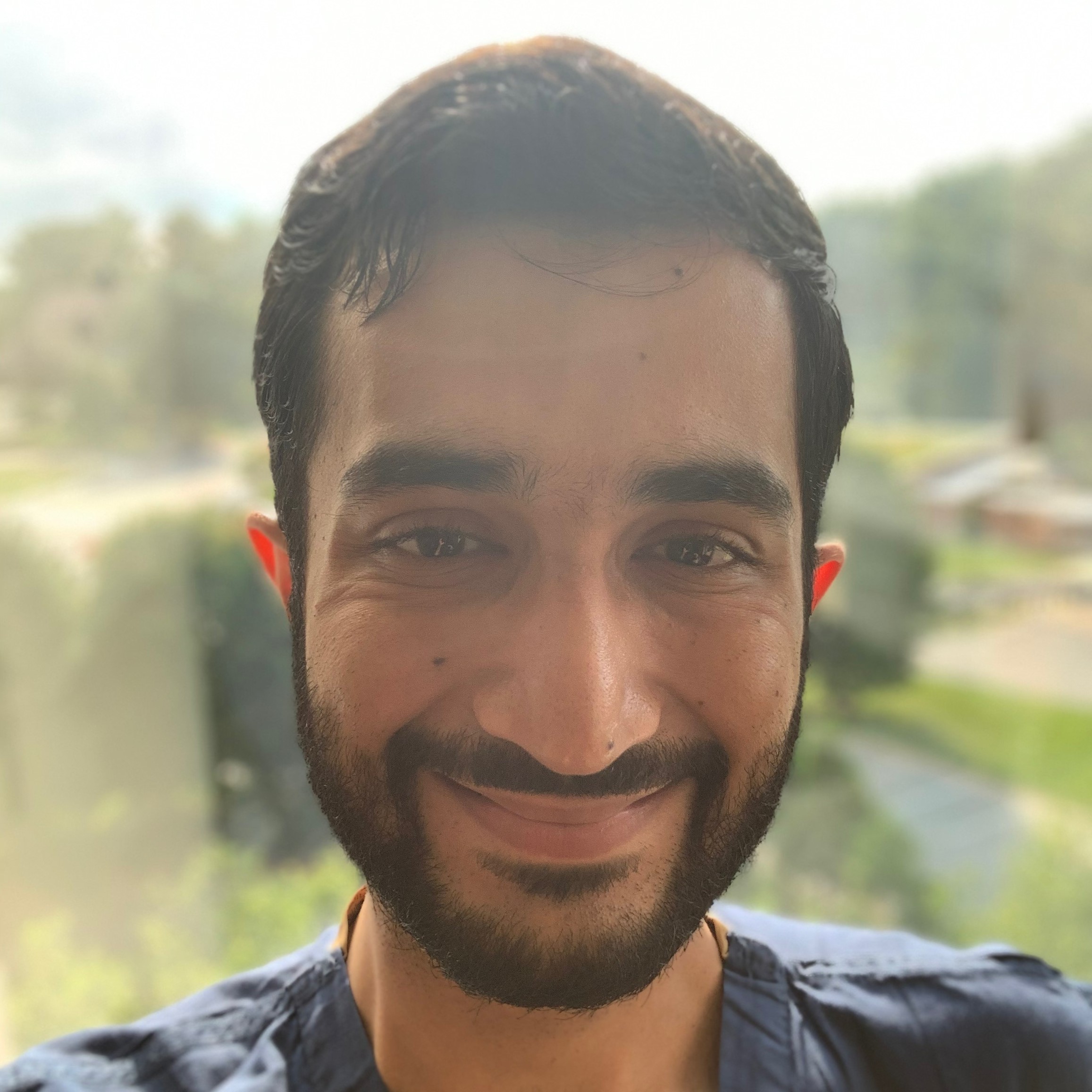"Meet the Expert": A conversation with Dr. Yujin Hoshida
On Sunday April 16th, LFN hosted it’s fourth “Meet the Expert” session. These sessions are facilitated through our Workroom platform. In this session, Dr. Yujin Hoshida from UT Southwestern shared advice how to cultivate an interest and a career in translational research as clinically oriented fellows.

Below is a summary of the conversation:
Mian: Can you start off by sharing your medical training journey with us?
Dr. Hoshida: Sure. I did internal medicine residency and gastroenterology/hepatology fellowship in Japan. During a 2 year advanced hepatology fellowship at a comprehensive hepatology center, I was lucky to have extensive training not only in clinical hepatology but also in diagnostic/interventional endoscopy/radiology, and diagnostic pathology, through which I published several papers. This training developed clinically relevant translational research projects throughout my career.
Mian: That's excellent! I don't think such comprehensive training in hepatology is a default nowadays, as most trainees branch out between transplant hepatology and general hepatology. And interventional endoscopy is a separate fellowship through ASGE.
Dr. Hoshida: You're right. But I think you can still get a flavor via multidisciplinary case conferences with radiologists, oncologists, and in some cases, molecular biologists.
Mian: Was it during hepatology fellowship when you decided to pursue a career as a physician-scientist? How were you able to make this decision early in your career?
Dr. Hoshida: I gradually developed the idea through publication of my initial few papers. I think it's informative to publish to see if it's really what you'll like to keep doing & response and feedback from the community will allow you to infer impact of your research. You don't need to keep doing something painful.
Mian: That makes sense and research builds credibility and expertise in addition to engagement of colleagues in the field. In that vein, how did you decide what specific research area you wanted to focus on? Some trainees pick up projects/areas of interest solely based on a mentor's area of interest. Is that a good idea?
Dr. Hoshida: I think it's an easy, and in many cases, a good way to start, while you consider adding new angles to gradually develop your own edge/niche. I personally feel it's safer to stay in a clinical topic you're knowledgeable and comfortable based on your own clinical experience, especially if your mentor is a non-MD scientist. It would also be good to keep an eye on new technologies and methods outside hepatology/medicine.
My major interest during my residency/fellowship, with no knowledge/interest in biology, was clinical research utilizing advanced biostatistical analytic methods, which worked as a hub to link my clinical interests with biology with the emergence of omics/bioinformatics around the time. It helped me get into graduate school and then pursue a career as a physician-scientist.
Mian: Thank you! I think you briefly touched upon this. How is translational research different from clinical or bench research? As trainees we are often exposed to clinical research and sometimes bench research. How do you define translational research?
Dr. Hoshida: I think translational research is about pairing >=2 distinct disciplines to eventually connect clinical and basic research. So, if you know something outside GI/hepatology even slightly better than your peers, you could lead the "translation."
Mian: I see. Thanks for that! What does your typical work week look like? And how has it changed (in broad strokes) since the beginning of your career?
Dr. Hoshida: Several regular work-in-progress meetings for the lab, division, school, and lecture series. A few travels per month for conferences, study section, etc. It may sound boring, but not much has changed since my postdoc other than kids growing up and leaving our custody, which allows me to spend more time on research these days.
Mian: Speaking of postdoc, you obtained a PhD as part of your training. How crucial is a PhD or advanced degree like a master’s (beyond an MD) to pursue translational research?
Dr. Hoshida: I think it’s more important to gain training and experience directly relevant to conducting and publishing translational research of your interest in whatever setting (either fellowship, grad school, staff, etc) rather than merely getting a degree. Classes won’t lead to a publication, especially with countless free learning resources like Youtube these days.
Mian: That's a very fair point! What advice do you have for trainees interesting in incorporating translational research especially the funding aspect? Is this feasible considering the demands of clinical training and patient care as junior faculty?
Dr. Hoshida: It may be easy to start by getting involved in ongoing translational research run by a senior investigator at your (or another) institution who has shared interest to utilize available resources for your benefit. Your own clinical resources such as database, cohort, etc. may contribute to this arrangement. Patients will be great resource to support your research projects.
Mian: Great! I have one last question left - as trainees look for junior faculty positions, how can they negotiate protected time for research with clinical demands?
Dr. Hoshida: Besides the usual requirements, i.e., decent publications and/or funding along with a coherent theme, ongoing or planned collaborations with senior faculty at the institution may help. It may be also helpful to develop projects with less requirements to be physically outside clinical practice at least in the beginning, to mitigate the concern of less protected time, making sure it'll lead to publication(s).
Mian: And that's a wrap! Thank you so much for your time and expertise, Dr. Hoshida! We will post a transcript of this interview on our website for residents and fellows to catch up. Hope you have a wonderful evening!
Dr. Hoshida: My pleasure & best of luck on your career all!
